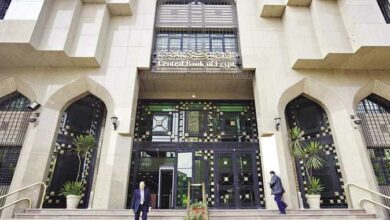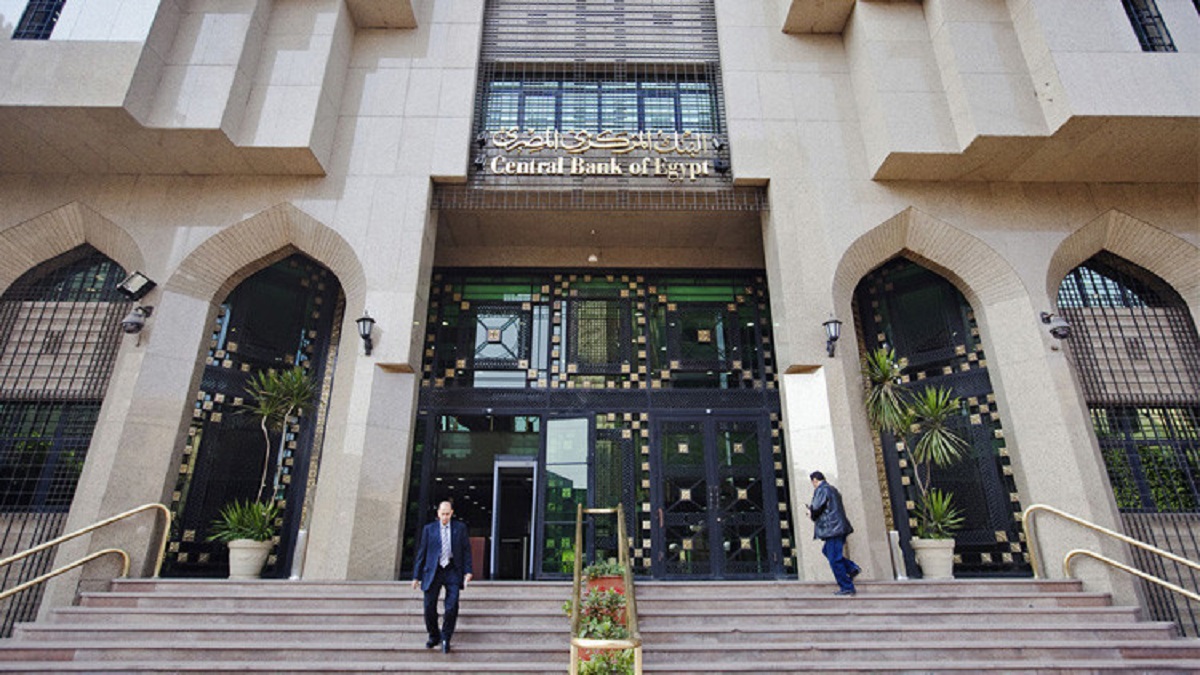The Egyptian foreign reserves continued to decline in December 2011, standing at US$18.1 billion, the lowest it has been in seven years.
The country's foreign reserves dipped by 50 percent in 2011, according to Central Bank of Egypt (CBE) data. Additions made to the total reserve between 2005 and 2010 have been consumed entirely, the bank said.
The decline raised fears in the financial sector, which is clamoring for a solution to the crisis, especially as the foreign reserves lost $2 billion in December alone.
If the current fall in foreign reserves persists, Egypt’s financial capabilities will be strongly shaken, the CBE’s former governor, Mohamed Abul Oyoun, warned.
He said the crisis has made clear the weakness of the general budget and the government’s inability to cover expenditures, which are soaring due to demands for higher wages.
Bassant Fahmi, a banking expert, slammed the CBE’s financial policy, particularly the absence of a strategy to increase the foreign reserves. Fahmi accused the bank of squandering the foreign reserves in an effort to support the Egyptian pound against the US dollar in the exchange market.
But a senior CBE official said that in order for the foreign reserves to rebound, the country has to restore stability and security, which would help re-attract tourism and foreign investments.
The official said Egypt’s current exceptional conditions require support for the Egyptian pound to halt US dollar speculations and subsequent inflation and price hikes.
The official attributed the lost foreign reserves to the repayment of Egypt’s debts to the Paris Club, in addition to other debts linked to treasury notes and sovereign dues. He said that the $1 billion grant given by the ruling Supreme Council of the Armed Forces (SCAF) to the CBE was aimed at bridging the budget deficit.
Meanwhile, Hassan Abdel Meguid, deputy chairman of the Societe Arabe Internationale de Banque, warned that the continuing decline in foreign reserves might ignite a food crisis, saying that the lost reserves would have been used for the purchase of basic commodities, such as wheat, sugar and butane gas.
Meguid stressed that the issuance of treasury notes worth $2.5 billion and the SCAF’s grant to the CBE have not helped prevent the losses. He predicted that the foreign reserves will decrease to $15 billion over the coming period, the lowest limit that can be reached, which he said may affect Egypt’s future international credit ratings.
Translated from Al-Masry Al-Youm


